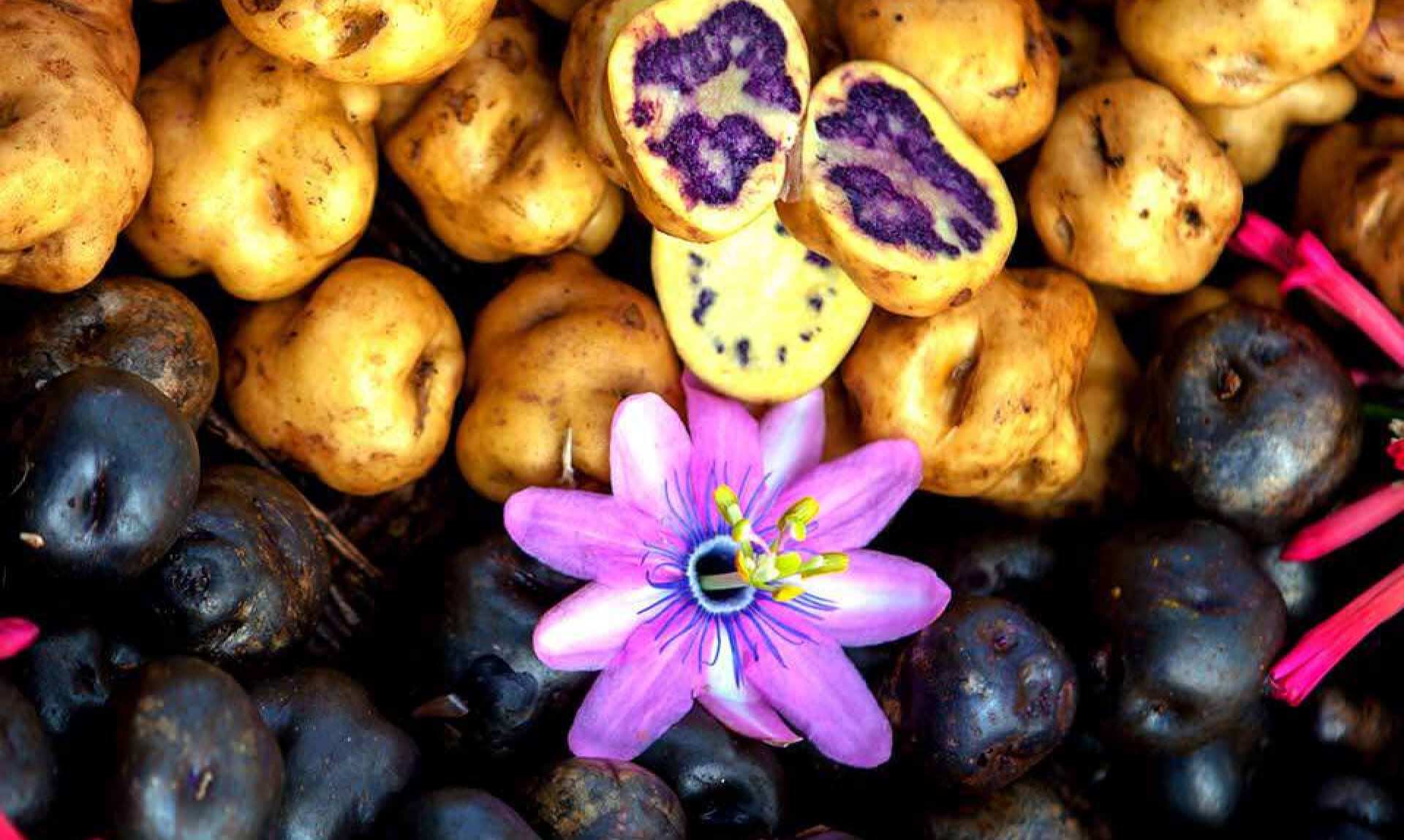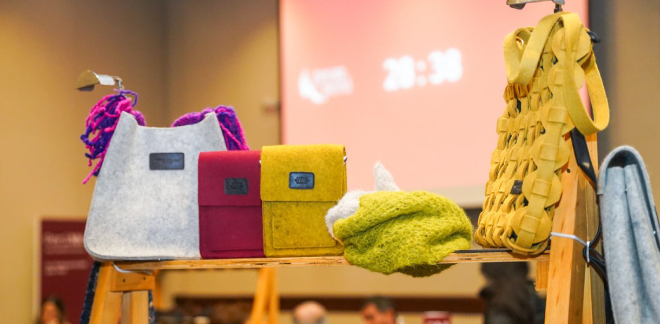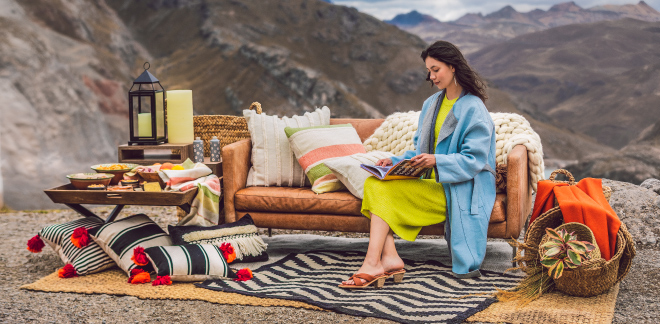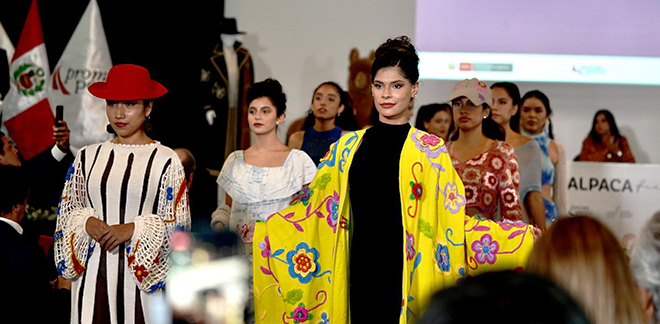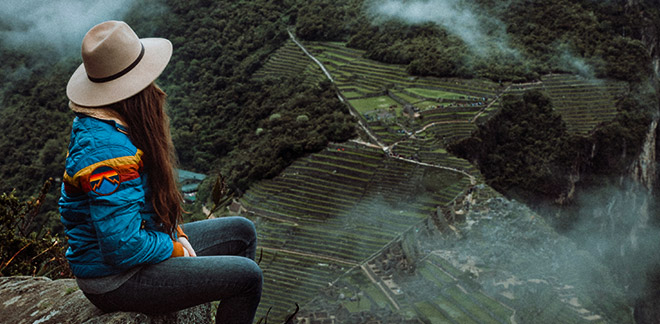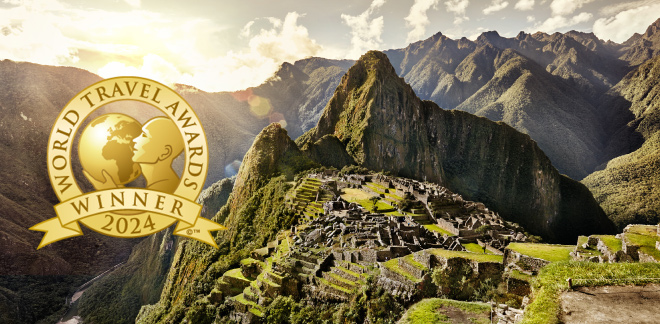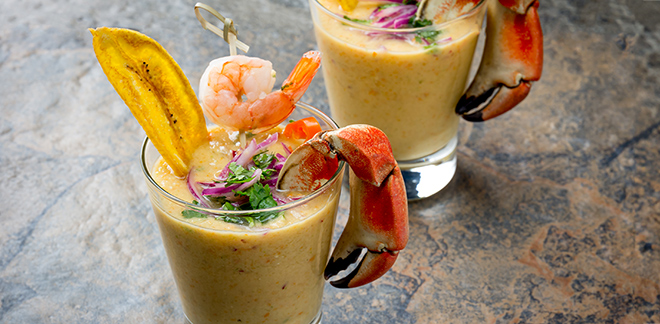Peruvian design establishes a notable presence within the Nordic market
Síguenos en:Google News
Eight Peruvian apparel brands participated in the esteemed Copenhagen International Fashion Fair of 2024.
From Peru to the global stage! The evolution of modern Peruvian design persistently endeavors to establish a foothold within the Nordic market. This endeavor is guided by a strategic initiative implemented since 2022, characterized by the active engagement of domestic brands in specialized commercial arenas. Notably, recent participation in events like the CIFF 2024 fair (Copenhagen International Fashion Fair), convened from January 31 to February 2 of the current year, underscores this concerted effort, as reported by the Commission for the Promotion of Peru for Exports and Tourism (PROMPERÚ).
In this regard, the consolidation of Peruvian brands is progressing significantly through pioneering concepts and compelling narratives that, while preserving their origins, seamlessly align with the preferences of their target demographics. This transformation renders their offerings as robust, cohesive, and appealing choices for discerning consumers.
Eight Peruvian brands participated in the CIFF 2024 fair hosted in Copenhagen, Denmark. These esteemed companies include Ayni, Pampa, Norgäte, Kero Design, Kuna, Paqu The Alpaca Revolution, Sophia Lerner, and Agustina. Collectively, their presence at the event has forecasted sales projections totaling USD 107,000 over the forthcoming 12 months.
Meanwhile, the proposals of the brands present at CIFF stood out for the following factors: focus on sustainability, preservation of Peruvian ancestral traditions, the use of high-quality materials and the promotion of ethical practices throughout the production chain.
THE ALPACA FIBER FACTOR
Alpaca fiber has assumed a transcendental role in these proposals, garnering particular attention from buyers due to its softness, durability, and its capacity to enhance the production of premium, comfortable garments. Notably, it has found prominence in knitted attire, including sweaters, coats, jackets, and dresses, which emerged as the flagship products, significantly influencing the showcased offerings.
As per statistics provided by the Ministry of Agrarian Development and Irrigation (MIDAGRI), Peru holds the distinction of being the foremost global producer of alpaca fiber, boasting an annual output of 4,500 tons. This surpasses production figures from neighboring countries in the region, including Bolivia and Chile.
In recent years, Copenhagen has emerged as a prominent hub of fashion within Europe, distinguished by its steadfast commitment to sustainability, a hallmark trait increasingly embraced by other Scandinavian nations. Consequently, this region stands at the forefront of the fashion landscape, owing to a robust strategy that harmonizes collective efforts and cultivates a nexus of talent and innovation. This cohesive approach finds its apex in the collaborative platform of Copenhagen Fashion Week (CFW) and the CIFF fair, serving as conduits for industry advancement and creative exchange.
For myriad reasons, Copenhagen has garnered recognition from esteemed organizations as the optimal locale for executing initiatives aimed at advancing sustainable fashion and aligning with forthcoming global fashion trends.
The Trade Office of PROMPERÚ, situated in Rotterdam, The Netherlands, has been diligently undertaking substantial efforts to establish our nation as a vital player in the European market for sustainable fashion.
SOURCE: MIDAGRI
The most recent


